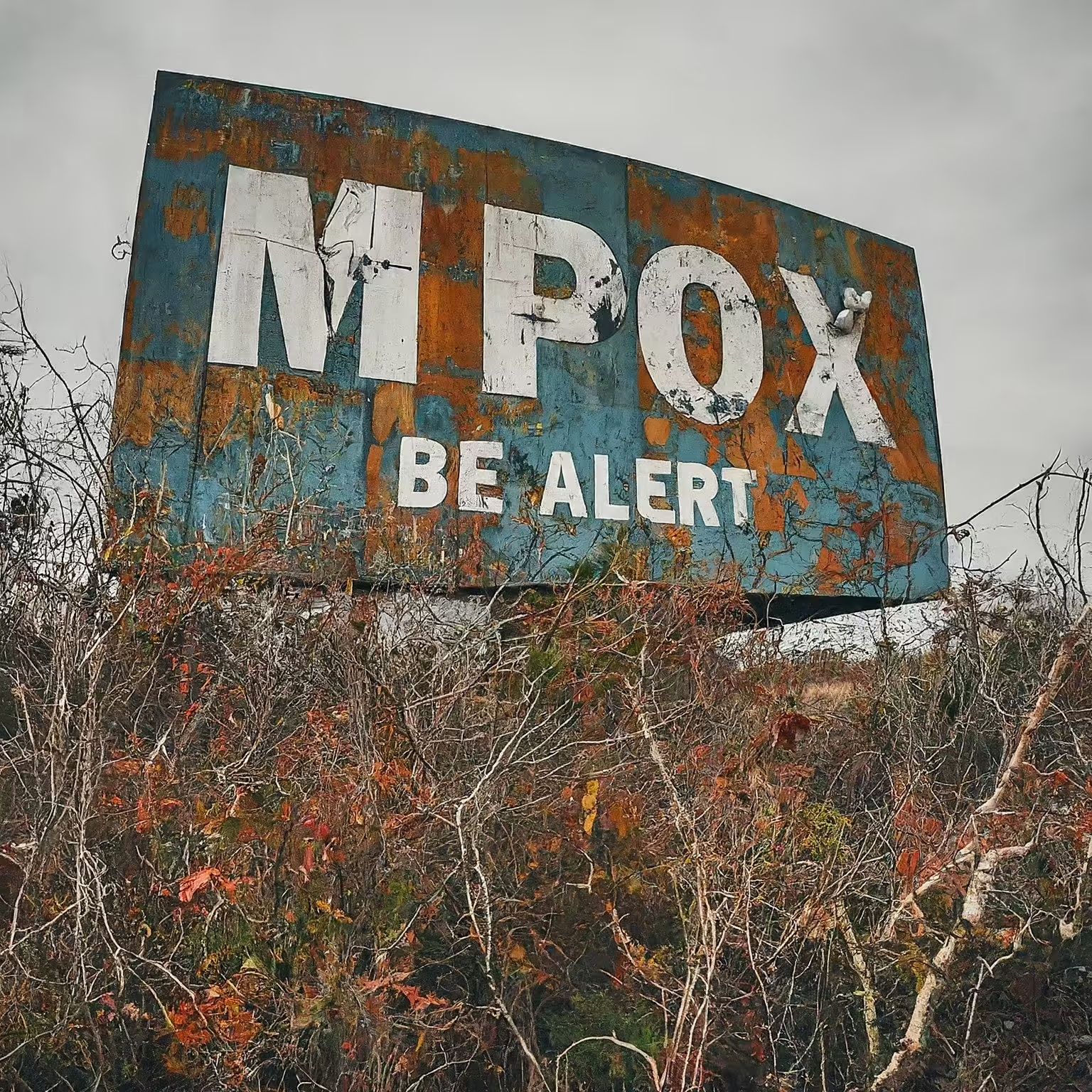India has confirmed its first mpox case in 2024, but the Union Health Ministry assures there is no reason for public alarm. The virus strain in this mpox case matches the one from 2022, not the more dangerous variant seen globally in recent months. The case was flagged after a traveler returning from a high-risk country tested positive for the virus, officially confirming mpox in India again.
What Is Mpox and Why This Mpox Case Is Different from Global Outbreaks
It is of the West African clade 2 strain of the virus unlike the virulent clade 1 that is circulating in several countries. The Health Ministry said the patient is a young man who was traveling, and that he was not showing serious manifestations at the time. This mpox case looks like the first 30 cases recorded in India since July 2022 up to early 2023.
Ministry Response: No Widespread Public Health Threat
The Union Health Ministry stressed once again that there are no signs of any danger for the population in large numbers. The patient is confined in a tertiary hospital and contact tracing and other measures to prevent the spread of disease involving the public is ongoing.
The ministry also added that the situation is being worked on using the right measures as adopted by the ministry. The patient is fine with no complications, he is not having any other illness and he is well managed in isolation.
Ongoing Surveillance and Public Health Measures Across India
Health Secretary Apurva Chandra has urged states and union territories to stay alert, focusing on:
- Screening and testing all suspected mpox cases.
- Ensuring the availability of isolation facilities for both suspected and confirmed cases.
- Training health personnel and conducting awareness programs to prevent panic.
In a letter to state governments, Chandra also stressed the importance of surveillance at airports and other entry points to detect any suspected cases early.
Global Mpox Outbreak: How India’s Case Differs
The mpox outbreak that started in May this year and has been declared a Public Health Emergency of International Concern (PHEIC) by the World Health Organization (WHO) has largely affected African countries with increasing incidences in countries such as Burundi, Kenya, Uganda and Rwanda. India’s case is of clade 2 which is regarded as less severe than the clade 1 that has erupted in other countries.
In the whole world, sexual exposure is the most dominant manner in which mpox is spreads; other signs include rashes and fever. Most of the documented incidences are of young men aged between 18-44 years and of whom many are HIV+ persons.
Steps to Contain Mpox in India: Public Health Guidelines
Chandra’s letter to the states detailed steps to reinforce public health measures:
- Identifying isolation facilities for any future cases.
- Ensuring the availability of trained human resources at these facilities.
- Strengthening community awareness about the transmission, symptoms, and prevention of mpox.
- Focusing on disease surveillance through the Integrated Disease Surveillance Programme (IDSP).
Furthermore, airport health units have been directed to strengthen health screenings, particularly for incoming international travelers, as part of early detection efforts.
WHO’s Latest Update on Mpox Cases
The WHO’s situational update noted that the clinical symptoms of mpox globally have remained consistent, with rashes and fever being the most common signs. Half of the cases where HIV status is known are in people living with HIV, underlining the importance of heightened surveillance among vulnerable populations.
Key Takeaways for Public Health in India: Staying Prepared
To avoid the spread of mpox to further extend in India, the authorities are regularly monitoring the health condition of the population, strengthening the measures of isolation, and constantly explaining to the public the dangers of mpox. According to the current risk assessment of the health ministry, there is no evidence of any community transmission or a wider public health concern. Nevertheless, it is crucial to remain cautious because cases continue to be reported worldwide, especially during the period when the travel restrictions are lifted.
Thus, India seems to be prepared to face the situation following protocols, screening the travelers, and having awareness campaigns continuously.
Even though the confirmation of the first mpox case in India in 2024 may create anxiety, the immediate reaction of the Union Health Ministry and other containment measures already in place are protecting the public. They are currently closely tracking and containing the case and there is no indication of further spread of the virus. However, it is important to maintain the constant adherence to certain measures, especially as cases worldwide grow.

